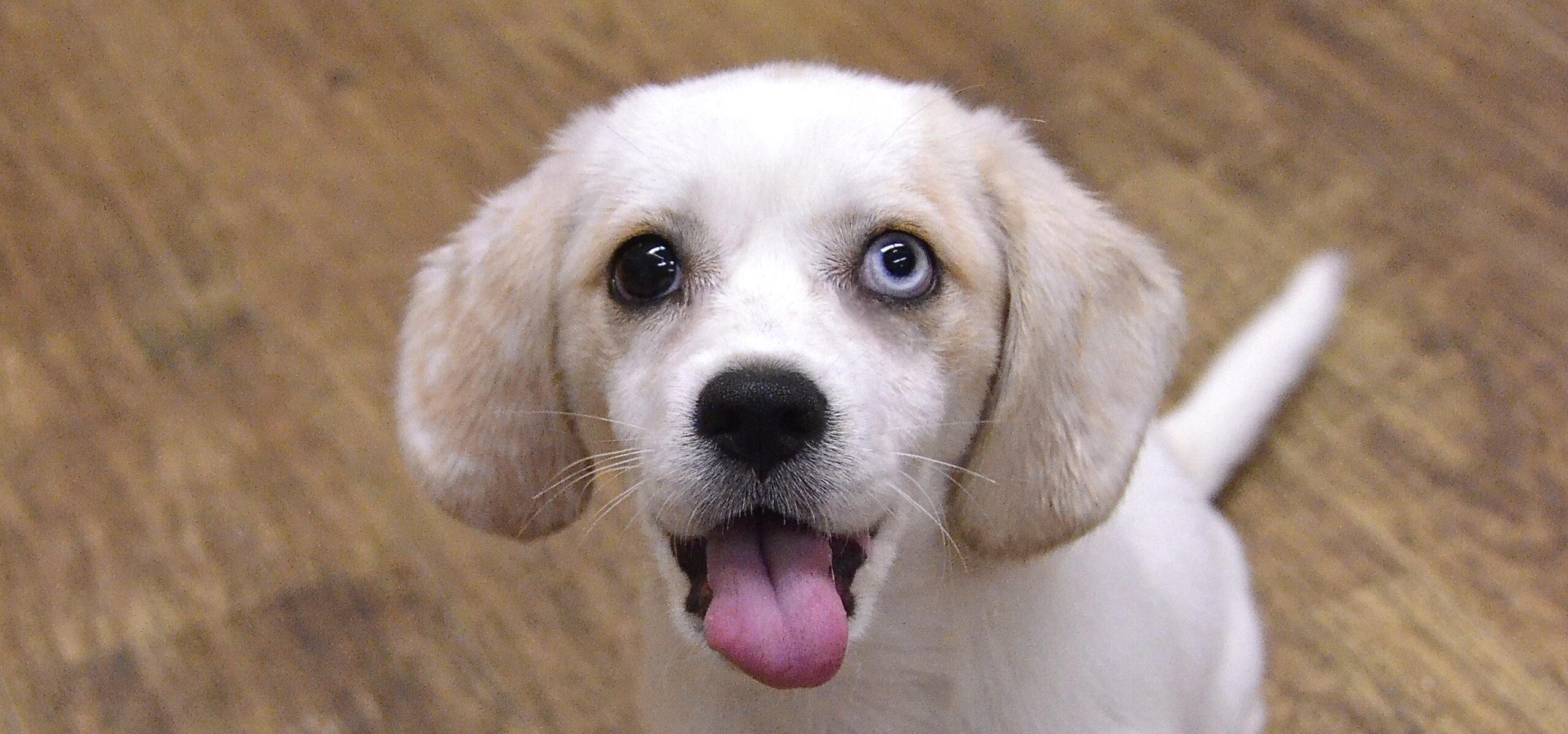
Coprophagia: Why Does My Dog Eat Poop? And How Сan I Stop This?
If one were to make a list of all the dog behaviors we love it would probably be quite long. A deliciously happy tail wag, a bow to solicit play, and a soft sigh before resting their head on your lap would surely make the list. But, those are just a few of the many reasons why dogs bring us immense joy every day. On the other hand, my list of dog behaviors that are not so favorable is rather short. For me, like most, one of the few things on that list would surely be coprophagia. Coprophagia is the consumption of feces. This can include the feces of others as well as thier own.
Why does my puppy eat his poop?
Some species ingest the feces of their mother as a way of ingesting required bacteria in order to benefit from the nutrition of plants. Other species ingest their own feces as a possible source of vitamins. But, the question on the minds of many dog owners is “Why does my dog eat poop?” Considering how troublesome most pet parents find this doggie past time, it is a bit surprising that tehre has been relatively little research on the topic. Bitches will eat the feces of their young to keep the whelping are clean. For young puppies, eating feces is often simply a normal part of exploratory behavior. Coprophagia may also be the result of an intestinal infection, pancreatitis, or a malabsorption of nutrients (in which case the dog may feel chronically hungry and therefore eats the feces to fill up). Be sure to consult your veterinarian to rule out gastrointestinal and other possible medical issues.
If an underlying medical condition is not the cause, some other possible causes could be: Boredom, stress, hunger, the fact that feces may similar to regurgitated food, as a source of protein, as a way of ingesting and exuding a scent to mask their own (especially when they roll in feces!), a way of imitating the owner picking up feces, an attention seeking behavior (if picking up feces results in them being chased by their owner, in which case it becomes a game of keep away), or it could simply be a behavior that results from dogs’ nature as a scavenger.

How to stop puppy from eating poop?
Eliminating coprophagia from your dog’s behavioral repertoire is easy in theory, but for many people, not in practice. You have to be willing to focus time and energy on managing your dog so they are given as little opportunity as possible to practice this behavior. If you have a small dog who is pad trained, then you need to consider that allowing your dog to eliminate in private (i.e. on a pad when you aren’t near) will have to cease, at least until the dog has had plenty of time to forgo the habit. That means taking them to the pads and supervising potty time so you can clean up promptly after they eliminate. If your dog is spending time unsupervised in a yard, then it means planning your day so you can be there to supervise yard play time and quickly clean up waste out of your dog’s view before he or she can ingest it.
Your veterinarian may suggest a change of diet which may include canned food, a vegetable oil additive, and/or cooked or fresh vegetables. Some veterinarians may recommend adding one of the commercial food additives or meat tenderizer to make the feces taste bad. However, these are not consistently effective. I suspect with or without these additives, the feces doesn’t taste particularly good, even to a dog. So, coprophagia is probably not due to the dog having a craving for the flavor of feces per se.
It seems the most effective plan is to schedule frequent leash walks, play and exercise time, and environmental enrichment in the home. Feeding your dog from food stuffable toys as a way of keeping them busy is a great option for this. Most importantly, avoid any sort of punishment for this behavior as it is likely to result in an owner absent outlet for this problem (i.e. the dog waits until you aren’t there to punish them to eat the feces), other redirected behavior problems, and serious damage to the canine/human bond.
Dog training from the experts
Educate your dog with Andrea Arden and her team.
New York | Los Angeles | Connecticut
Share
- Group Classes
- Private Lessons
- Virtual Training
- Puppy Play Groups
- Puppy Training
- Articles & Advice

